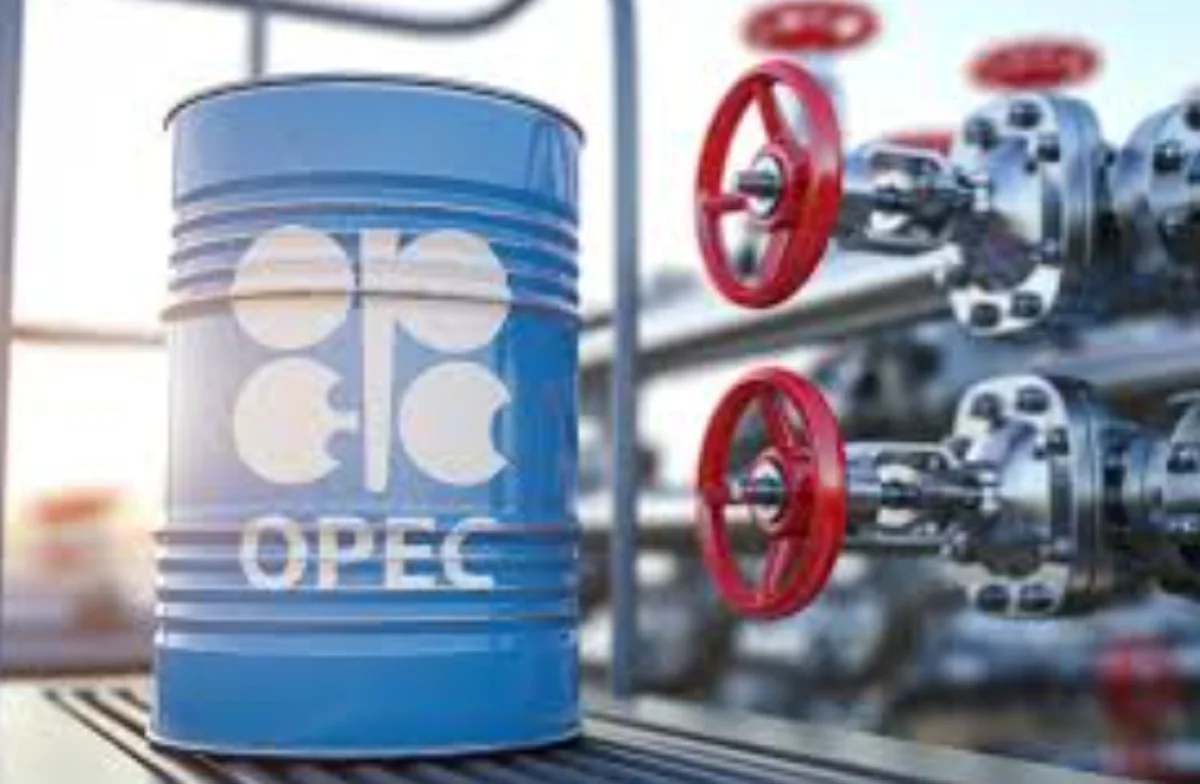14/09/2024
14/09/2024


In Iran, BP had to share its control with American companies following the Mossadegh Revolution. Chevron primarily operates in Venezuela. This organization was created in response to the overwhelming control these companies had over the global oil market, marking a pivotal moment in the history of the oil industry. However, most oil-producing countries were initially unaware of the oil business and struggled to calculate their annual oil income. Major oil companies often exploited this ignorance, treating these nations poorly by offering lower income and reducing their oil production.
OPEC’s primary objective was to secure a fair price for its members’ natural resources and enhance their understanding of the oil industry. The goal was to learn how to navigate this complex sector, which had long been shrouded in secrecy for the owners of the resources. In other words, OPEC aimed to master the art of selling and trading in an industry that had been some sort of taboo for them and was inaccessible to them.
Previously, oil producers had little insight into income calculations, oil movements, or the broader petroleum knowledge. They were merely recipients of payments without much understanding or auditing, expected to be grateful without questioning. The major oil companies, often referred to as the “Seven Sisters,” used their dominance to manipulate and pit one producer against another, leaving the oil-producing nations with minimal leverage and little room for negotiation. With the process of nationalization and a shift from simple participation to full control, OPEC began to play a more active role in managing and controlling oil production. However, this control was not without limitations.
Oil-producing countries still needed the expertise and technology that major oil companies provided. This dependence remains evident today in the oil and gas sector. Major oil companies are now willing to share their knowledge, but this often comes with the condition of securing a percentage of shares in oil reserves. This new arrangement is a strategy to keep these companies engaged in our oil fields. Without their participation, oil-producing countries would struggle to fully exploit their resources and extract every last barrel. While we control the land, the true wealth lies in the advanced technology that is not yet in the hands of the producers. OPEC takes pride in its achievements, having become a powerful entity that commands respect and admiration through its policies and influence.
Today, OPEC faces new challenges in diversifying its role and ensuring that oil production contributes positively to a clean and sustainable global environment. The organization is striving to balance its crucial role in the energy sector with environmental stewardship, aiming to make the oil industry more environmentally friendly, user-friendly and less polluting. Ultimately, global consumers should contribute to covering the costs of OPEC’s investments. After 64 years of existence, OPEC recognizes that its mission is far from complete. The organization remains committed to maintaining stability, ensuring fair and competitive prices, and upholding oil discipline. OPEC aims to continue as the guardian of these principles, adapting to new demands and challenges in the global energy landscape.
By Kamel Al-Harami
Independent Oil Analyst
Email: [email protected]


